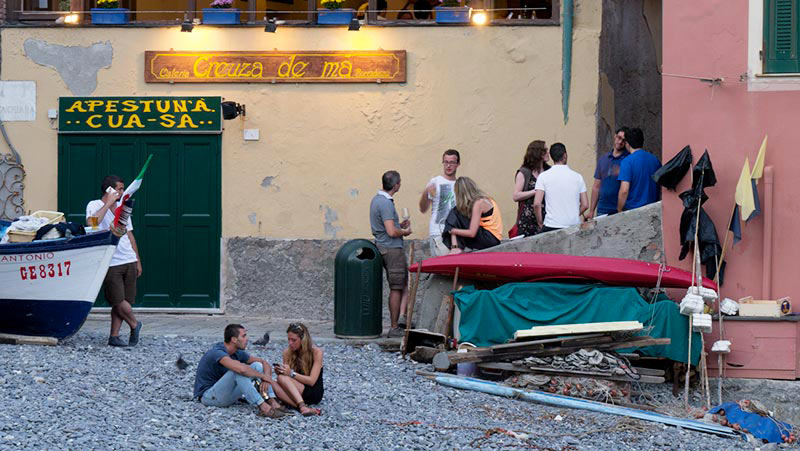Learning a language in immersion is the fastest way to develop fluency in that language. But language skills are only one thing that you take away from studying abroad; a whole variety of intangible skills are also part of the package to improve your CV.
These are known as soft skills, and while they are quite hard to demonstrate on your CV, where everyone is a “hard-working team player”, they are among the traits most highly valued by employers. Once you get to a job interview, these skills will make you stand out from the other applicants.
They are also essential life skills that will make your life better in ways you may not expect.
What are soft skills?
Soft skills are things like flexibility, problem-solving and the ability to work in a team. Communication skills, and particularly the abilities to listen and accept constructive feedback are among the most valued soft skills, because they demonstrate a willingness to learn.
Many of these abilities come with confidence, and in turn, your confidence increases as you develop these abilities. Confidence breeds success, success breeds confidence.

Companies pay a lot of money to develop their staff’s soft skills, so if you can demonstrate during an interview that you have gained these attributes for yourself, under your own initiative, this makes you a valuable asset. The great thing is, these skills will have become a part of who you are – you don’t need to highlight them because they will be abundantly clear.
How does this relate to a language study trip?
Gaëlle Duriaux studied English for three months in London and describes it as “a life experience [that] teaches you a lot about the language, which is the primary goal, but also about being independent and managing yourself.”
The skills that you will need in class, such as teamwork and presentation skills, are directly transferrable to your professional life. Being able to speak up in class, particularly in a foreign language, takes courage and the ability to overcome fear. You may not believe it, but even the most accomplished sports stars, performers and public speakers get nervous. The difference is that, through experience, they know how to overcome their fear.
The techniques that you use while studying a language can also be transferred to higher education, whether memory tricks such as mnemonics or the kind of preparation skills needed for a presentation.
Outside of the classroom, your adventures will also help you become more flexible. Things work differently in other countries: in some places your bus will arrive exactly on schedule, in others it may be an hour late, in others it may not come at all… yet life goes on. Living in another country puts workplace challenges into perspective.
Jeanne studied English for 24 weeks in San Francisco and says she “had stereotypes of some cultures, but those have completely gone because of this experience… I am less shy than I was before I came here because I’m forced to speak and be more out-going [and] I have also gained a lot of independence.”
You develop soft skills through breaking out of your comfort zone, challenging yourself to try something new and, importantly, meeting new people.
The cultural element
On a language study trip, the people you meet will come from all over the world, not just the country in which you study. They will bring with them very different backgrounds and life experiences, different cultural expectations and traditions. These will be the people that you work with in class, for hours every day, communicating entirely in a foreign language.

It is not unusual to find yourself in a class with people from four different continents. Fabio Quintero studied English for 22 weeks in Auckland and says that “The most interesting part is the opportunity to share with people from different cultures, to get to know and live with them is really cool… besides, you can do strange things that you never thought you would do, and that gives you a different perspective from what you’re used to hearing of other countries.”
Cultural understanding has never been more important than today, in our increasingly globalised world. Naturally, the more time you spend in immersion, the more flexible and international you become.
Manon Subilia studied English for 10 weeks in Fort Lauderdale and says “we were the perfect team and we helped each other in order to reach our goal… of course you also end visiting the country and learning about its culture, but it is your new friends who really change your approach on life.”
We’re not claiming that studying a language abroad will change your life, but it certainly can. And those changes will make you more confident, happier and more employable.
If you have studied abroad, did it change you? You can share your experience in the comments.
Images: The Handshake by torbakhopper via CC, Socialising in Italy © Alex Hammond

